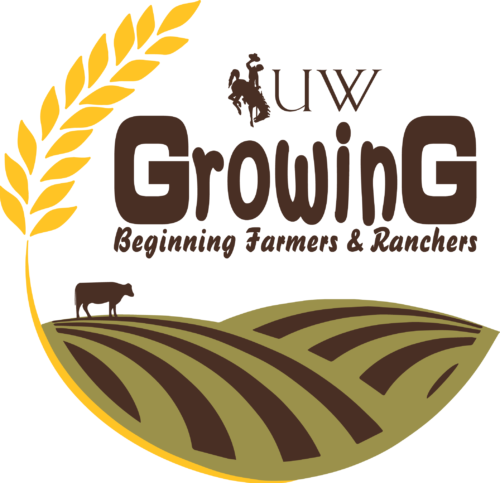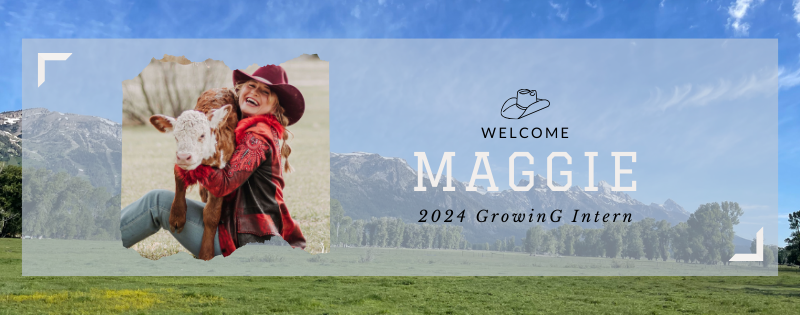An Art of Balance
#bfrdpwy #aginternship #RightRisk
Time has gone by so fast! It’s already my fifth week and marks my halfway point. In my opinion, time going fast signifies that you are having a good time and I certainly have! This week wasn’t anything out of the ordinary, other than an addition to the operation. Cody Landcaster, intern, started his first week. This did change things because now I wasn’t alone on my daily expositions. It’s fun and refreshing to learn and even teach others the skills I have learned.
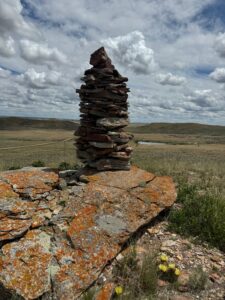
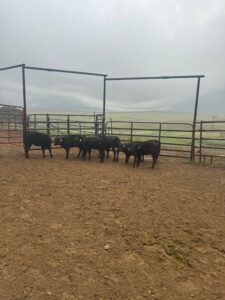
To those who read my summaries, you won’t be surprised what most of my week consisted of: fencing! To my surprise as well, I haven’t found the task boring. The process is the same but makes you critically think about long term solutions. Reflecting upon my days fencing, I realized that agriculture evolves around efficiency. Efficiency is the very heart beat that keeps agriculture alive. Everything I have done has required efficiency and critical thinking. Outsiders may look upon what agriculturists do and think there is no rhyme or reason to why we do the things we do. But actually every step is calculated or planned out to use minimal material, time, or resources all while making it last as long as possible.
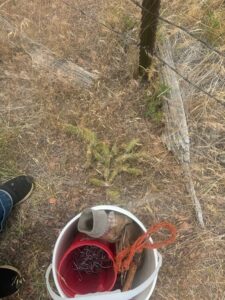
I apply fencing to efficiency because it’s an art of balance. If I fixed everything wrong with the fence it would simply take too long. Not every wire is as tight as it needs to be, or every staple/clip placed perfectly. At the same time, fixes need to be made to the parts that affect the efficiency of the fence. Loose wires or broken wires that touch the ground are a must fix or else the fence loses its purpose. This can be applied to any sector of agriculture. Efficiency is a game of balance that simply cannot be taught, but must be learned.
This week also consisted of lots of water checks because the sheep keep finding their way into the tanks. Sheep are not the brightest species to grace the earth and so it takes more human intervention to keep them alive. It’s hard to totally prevent them from getting into the tanks but there are things you can do to help reduce the chances. Cody and I put concrete in the tanks so that if they end up in the water they have steps to get out. Also we adjusted the floats in the tanks so that the water level came up higher. Thus made it easier for the sheep to drink from.
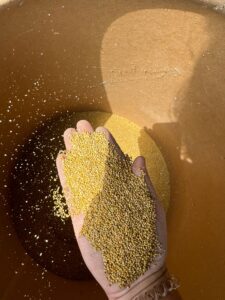
Even when we adjusted the floats and added concrete not everything went perfectly. After adjusting the floats we realized that the tanks were not filling back up. Ideally they should start filling up automatically. However, this was not the case and we deducted the next day that there must be a water leak. Me and my host drove the water line but didn’t see any issues. This was probably because the water hadn’t been leaking out long enough to show. Just as everything is going smooth it seems as if there’s another hurdle to tackle.
This obstacle really made me ponder the challenges of agriculture because if you just bought food from the grocery store or ordered online you would have no idea of the struggles. Agriculture is so much more complicated than many think. I even find myself shocked at the pure chaos. Every operation faces challenges and they never seem to be at a convenient time. This made it clear that you need to be ready for anything. Even if it’s a simple water check, I learned that you need to carry more tools, supplies, and equipment than you think. A lot of agricultures problems would be fixed if the general public got the opportunity like me and other interns to observe the whole process.
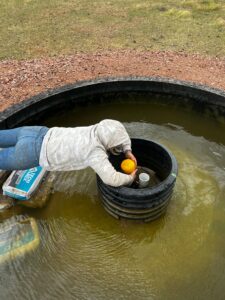
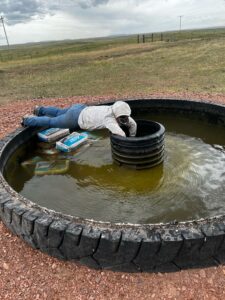
Submitted by: Maggie McStay
Edits by: GrowinG Internship Team
